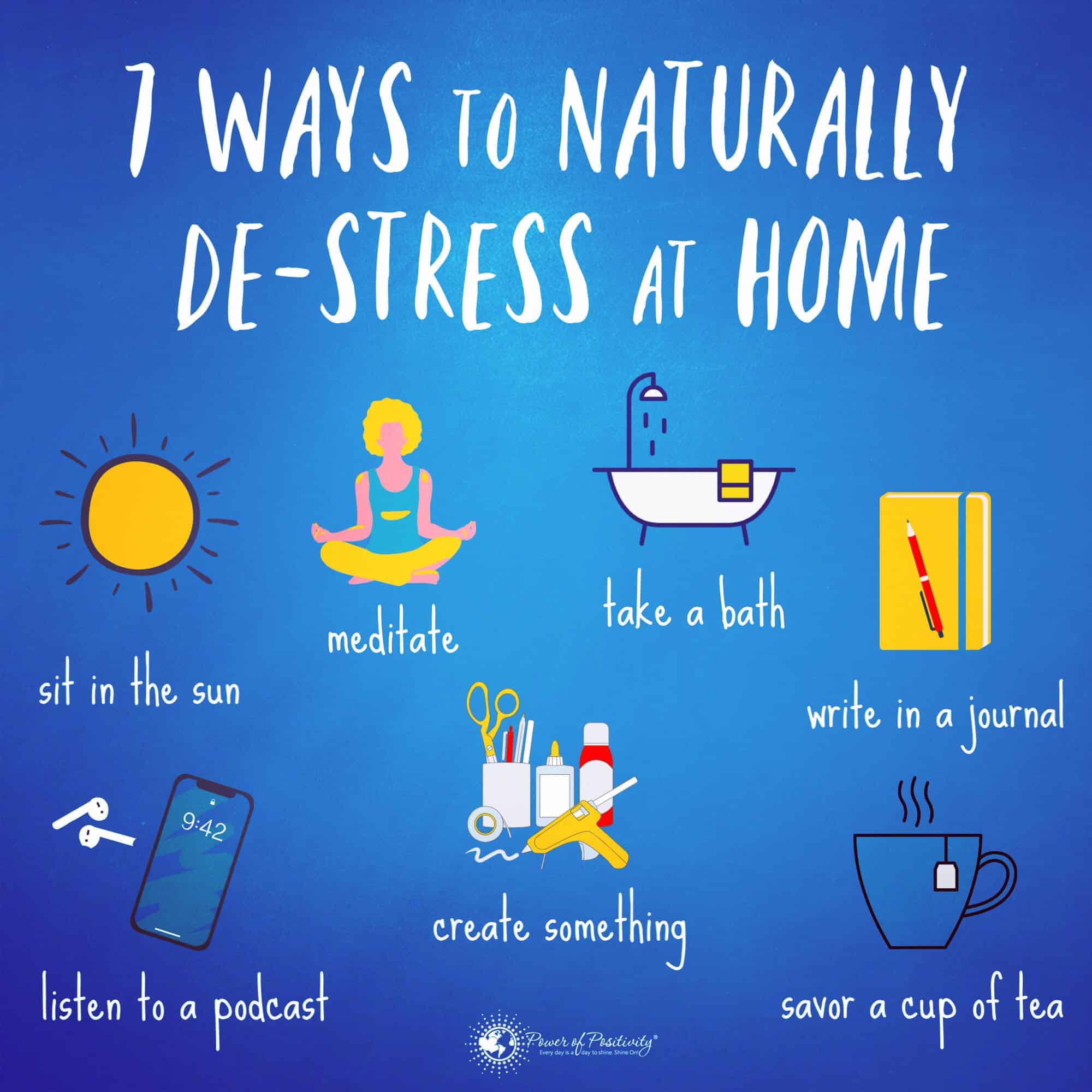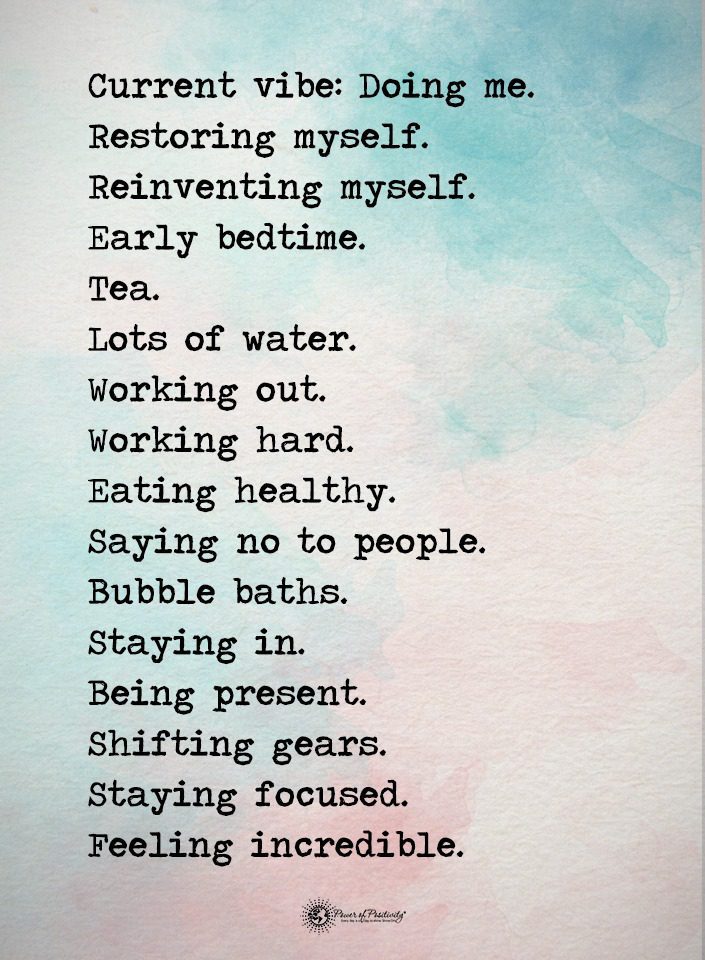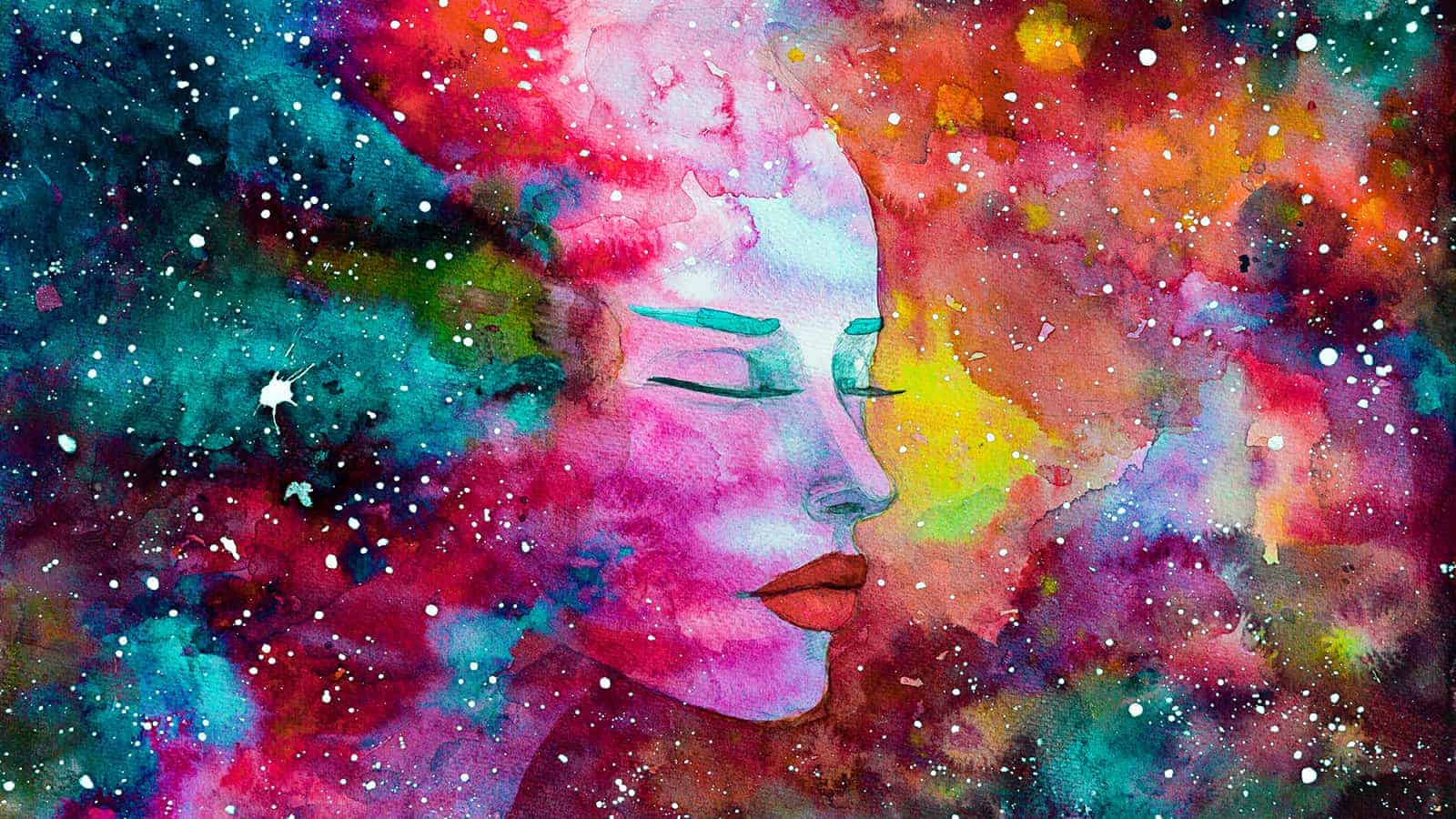Do you wake up tired after you’ve slept the entire night? Do you feel as if you could sleep 10-12 hours each day and it still wouldn’t be enough? You may have a condition called hypersomnia, which is a rare sleep disorder that can wreak havoc on your life.
Also called idiopathic hypersomnia or IH, this disorder is neurologically based. Sadly, the effects of this condition can interrupt every part of your life. It most commonly develops in the preteen years, but it can happen at any age.
IH comes on gradually. This condition’s hallmarks are that individuals cannot stay awake or alert enough to function during daylight hours. It’s classified as EDS or excessive daytime sleepiness, but EDS is a symptom and not a condition in itself.
IH is often mistaken for narcolepsy because a person will fall asleep at the most inappropriate times, and they have no control over it. The disorder becomes so debilitating that it inhibits daily functioning. Another commonly seen problem with this illness is that people have a challenging time waking up once they are asleep.
Even those daily naps can prove problematic when it comes to waking up and functioning normally. Still, if you were to get 15 hours of rest at night, it’s not going to affect how tired you are during the next day. No amount of sleep seems to fix things, which is how this condition is distinguishable from general fatigue.
Since this is a chronic condition, a person may have periods where things are better, and they get worse again. IH’s constant fluctuations make it challenging to do much of anything when it’s at its worst, but there is a time when it’s in a remission type state.
What Causes Idiopathic Hypersomnia?
 What causes this neurological disorder is a mystery. Researchers have found strong genetic links that cannot be denied. Additionally, if other sleep disorders, like narcolepsy, run in your family, it can put you at an increased risk of developing this condition.
What causes this neurological disorder is a mystery. Researchers have found strong genetic links that cannot be denied. Additionally, if other sleep disorders, like narcolepsy, run in your family, it can put you at an increased risk of developing this condition.
Some theories have been examined as to what causes this disorder; here are possible links that researchers believe can be contributing factors:
•Obesity
•Substance abuse issues
•Neurological diseases like multiple sclerosis or Parkinson’s
•Depression
•Sleep deprivation
•The use of some medications
•Sleep apnea
•Genetics
One benefit that people who suffer from narcolepsy have is that they can create a schedule with naps. While this tends to help this person, it doesn’t do much for the person suffering from hypersomnia. Naps cause you to wake up feeling more unrefreshed than before, and you find it hard to awaken once you’re asleep.
Twelve Common Symptoms of Hypersomnia
Having IH is exceedingly tricky. The symptoms are pretty much the same across the board, though their severity may wax and wane. One person may experience all the symptoms while another has only a couple. Here are the signs of IH:
1 – EDS or Excessive daytime sleepiness
This symptom inhibits daytime activities and makes working and having a social life challenging.
2 – Excessive Sleep
If you’re sleeping more than ten hours in a 24-hour time span, and you still don’t feel refreshed, it’s one of the hallmark signs.
3 – Napping Distress
You can take naps, but they do little to help your situation. Additionally, you may have a hard time awakening from your slumbers. While most people can nap for an hour or two, you can take naps for 4-5 hours without issue.
4 – Brain Fog
When you’re awake, you feel like you’re in a trance-like state. You can’t remember things, and your concentration and attention spans are suffering.
5 – Chronic Headaches
Due to sleeping more than the body needs, it’s not uncommon to have chronic headaches.
6 – Raynaud’s Phenomenon
This is a circulation issue where the fingers and toes can turn a purplish color and be cold. It’s often observed alongside autoimmune conditions.
7 – Dizziness
Feeling lightheaded and as if you were going to pass out is a common issue. It can stem from blood pressure issues that are common in this disorder.
8 – Orthostasis
When you arrive from a seated position, your blood pressure drops dramatically. This can also contribute to lightheaded feelings.
9 – Sleep Paralysis
According to the National Library of Medicine, this phenomenon occurs when you awaken and are entirely paralyzed. Your brain is conscious and awake, but you are unable to move. It usually passes in a few minutes as it’s a condition where you’re shifting through sleep realms too quickly.
10 – Difficulty Regulating Body Temperature
Those who have this condition might be unexplainably cold and then warm a short while later.
11 – Vivid Dreams and Hallucinations
Do you suffer from vivid dreams? IH might be the underlying reason that you have them.
12 – Excessive Sweating
People with IH might wake up in a pool of wet sheets due to excessive night sweats.
Getting A Diagnosis
It’s not uncommon for hypersomnia to be misdiagnosed. Since the symptoms of this disorder are so close to other conditions, it happens often. Additionally, it’s not unusual for a person to have a couple of sleep disorders, making things more challenging to pinpoint.
The first thing a doctor will want to do is a physical examination. They need to know all about your medical history and if anything like this has happened before. Your family history is also essential as genetics is thought to play a massive role in developing this condition.
Once they’ve gathered this information, they will want to do some tests to rule out other disorders. The most used tests are:
•Polysomnogram
A polysomnogram is like a sleep study. You must go to a center and stay overnight for monitoring. The doctor wants to see your brain activity as well as watch both your eye and leg movements.
They also need to evaluate your oxygen levels, heart rate and make sure your breathing functions are adequate when you’re asleep. This will help them rule out conditions like sleep apnea, where a drop in oxygen can contribute to similar issues you’re having.
•Sleep Latency
Conducting a sleep latency test may be done several times to see the varying results. This examination will measure your sleepiness and the various sleep stages that you go through when you take naps. It works best if given a day or two after a polysomnogram as it provides the best results.
•Sleep Journal
Keeping a sleep diary can provide a plethora of information to doctors. Since tests can be subject to what’s going on at the current time in your body, the journal gives them a broader picture. Giving them your sleep and wake times and how many total hours of rest in a day can be beneficial.
•Epworth Sleepiness Scale
The sleepiness scale helps a doctor see what’s going on when you can’t put things into words. It’s a simple questionnaire used since 1911 to help people evaluate what’s going on. It’s used to help diagnose sleep apnea as well as narcolepsy, according to the National Library of Medicine.
Treatment for Hypersomnia
There is no cure for hypersomnia, but there are some ways to reduce the symptoms. First, the goal will be to help control the excessive daytime sleepiness, which will, in return, help with the feelings of drunkenness and brain fog upon waking.
The FDA has approved numerous treatments for narcolepsy, but there is none currently for IH. Some doctors will use experimental things in an off-label manner, but it’s controversial.
One treatment option that might work is behavioral modification. It tends to be more successful with narcolepsy, but scheduling sleep and nap times with IH isn’t always practical. However, since there are not many options, it’s worth a try.
It’s important that anyone suffering from IH avoid driving a car or using any heavy equipment as this can be dangerous. When you’re sleep isn’t controlled, dosing off behind the wheel can be catastrophic. Only a doctor can evaluate you and permit such activities during periods of remission.
 Final Thoughts on Living with Idiopathic Hypersomnia
Final Thoughts on Living with Idiopathic Hypersomnia
Living with hypersomnia is miserable. It can affect every aspect of your life because you cannot control when and if you will suddenly fall to sleep. There’s often a stigma associated with sleep disorders, like narcolepsy, where it’s believed that a person has a mental illness or just lazy.
What many don’t understand is that this is a neurological condition that you have no control over. While the FDA approves no treatment options, you can do plenty of holistic things to control this issue. Some recommend getting more exercise, eating a healthy diet, and adding supplements like fennel, green leaf juice, and stinging nettle tea to your day.
Thankfully, periods of hypersomnia tend to wax and wane, which means that there can be times of complete remission. It’s best to work with an herbalist to find some herbal remedies and lifestyle changes to help you when your flares are at their worst. While it’s not fatal, it can certainly make living challenging, but you can learn to manage this condition effectively.


















